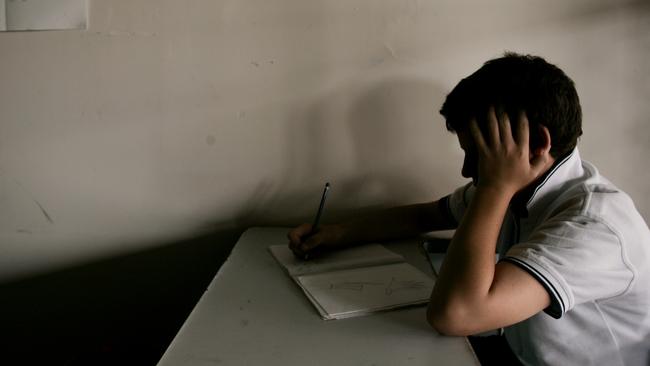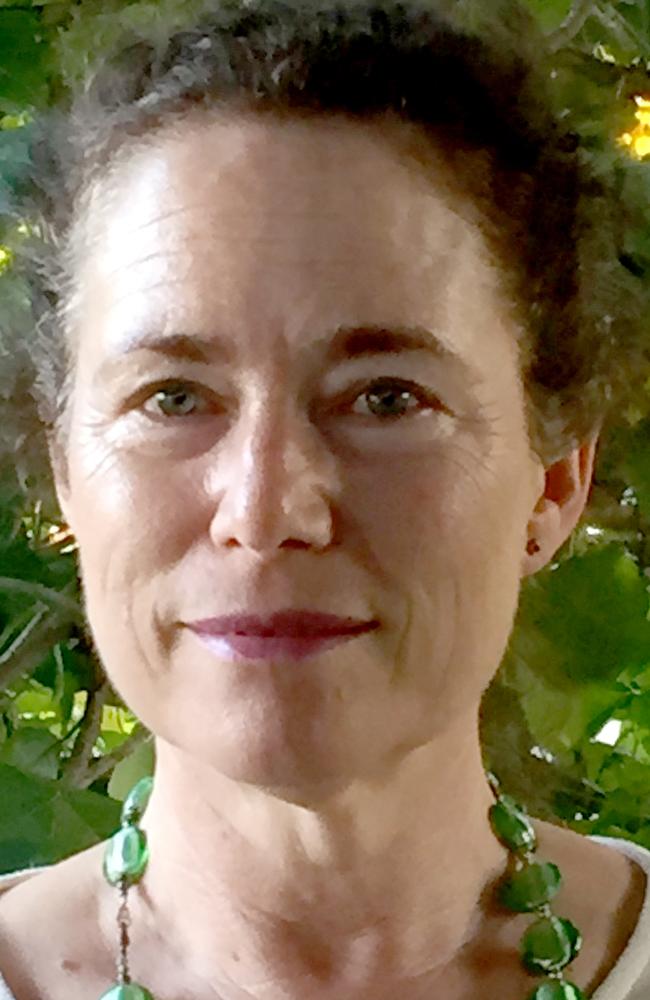Why some school anti-bullying programs may be harming kids
A Queensland psychologist says some school bullying prevention programs may be inadvertently harming the children they should be protecting.
QLD News
Don't miss out on the headlines from QLD News. Followed categories will be added to My News.
Some school anti-bullying programs may be inadvertently harming the children they are supposed to protect, Queensland research shows.
Psychologist Karyn Healy analysed a decade of international studies on the effectiveness of school bullying prevention programs finding those that encourage trained peer bystanders to intervene can result in significant increases in victimisation.
Dr Healy, of QIMR Berghofer Medical Research Institute’s child and youth mental health group, suggested using peer bystanders to step in and defuse school bullying may disempower victims and fail to discourage bullies.
“DON’T FEEL GUILTY” – GENE RESEARCH TAKING THE STIGMA OUT OF EATING DISORDERS
QLD RESEARCHERS FIND GENETIC LINK BETWEEN HEARING LOSS AND ALZHEIMER’S

“It doesn’t actually give the victim an opportunity to stand up for themselves if they’re able to do so, and may make them look weak in the eyes of the bully,” she said.
“Research suggests the bystanders are helped by the intervention, they feel more confident and more part of the school. But unfortunately, they’re not the kids we should be concerned about.”
Having trained peers intervene in school bullying situations may also make a child’s victimisation more public, potentially damaging their social reputation.
“Getting peers involved in helping resolve bullying has an intuitive appeal,” Dr Healy said. “However, we now have some evidence, which shows that at least some of these programs make bullying worse, which can add to the distress of victims.
“Students who want to step in shouldn’t be discouraged, but the research suggests students should not be actively trained to intervene, because there is no evidence this works, and some evidence this may, in some cases, cause harm.”

Dr Healy, who has specialised in school-based bullying for 25 years, said prevention programs using trained peer bystanders were prevalent in Australia and across the world, despite research from as far back as 2012 suggesting they may be damaging to victims.
She said studies showed the most effective anti-bullying programs focused on improving behaviour management, better playground supervision and parental involvement.
“We should be really carefully choosing our programs and doing more research as to what works and how to improve existing programs,” Dr Healy said.
“Of those programs that have been evaluated, some reduce bullying but others make bullying worse. A large number of programs currently available in Australia and overseas have not been evaluated at all, which suggests a fairly high proportion could make bullying worse.”
School bullying can have severe consequences for the mental health of victims, including an increased risk of self-harm and suicidal behaviours.
“We have come a long way in identifying the mental health challenges caused by bullying and accepting the need for programs to educate children, parents and teachers of the dangers,” Dr Healy said.
She said global research showed bullying prevention programs overall resulted in about a 20 per cent reduction in school bullying.
However, in high schools the average benefit was zero, pointing to the need for much more research in the area.
The QIMR Berghofer study findings are published in the journal, Child Development Perspectives.

